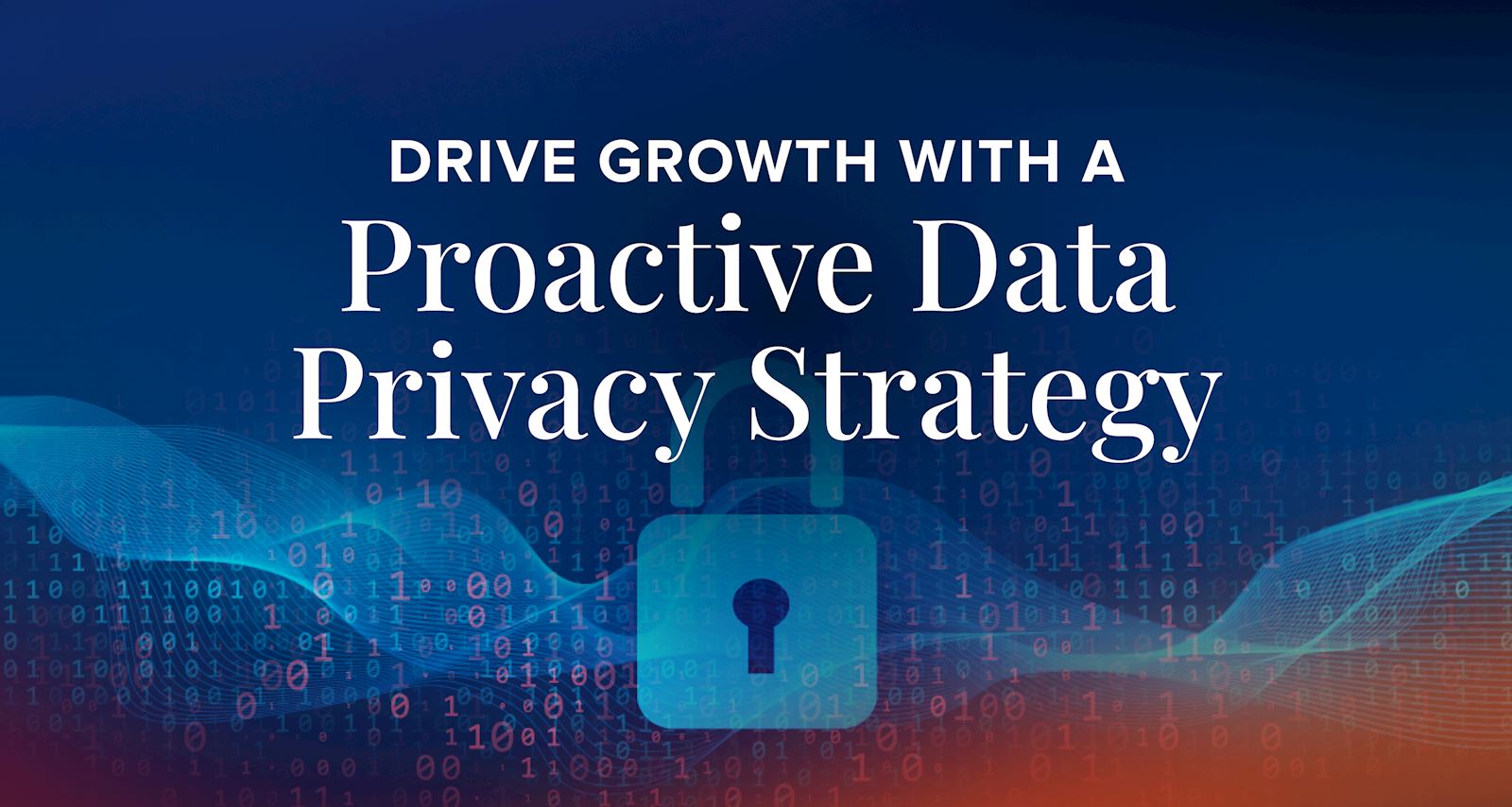Beyond Compliance: How a Proactive Data Privacy Strategy Can Become a Brand Differentiator
Published by Spinutech on August 20, 2025

For years, data privacy lived in the legal department — something to be managed, monitored, and filed away until the next regulatory change. But for today’s leading brands, that view has long since gone out of date.
Today, privacy is as much a brand conversation as it is a legal one.
The most forward-thinking brands aren’t treating compliance as a box to check. They are building proactive privacy strategies that strengthen customer relationships, differentiate them in crowded markets, and even drive business growth.
What was once a cost center is now proving to be a growth lever.
The High Cost of Doing the Bare Minimum
What leading brands already understand about privacy obligations is clear: Doing only the bare minimum can lead to lawsuits, regulatory fines, and public relations crises that dominate headlines for all the wrong reasons.
But for brands, the greater risk is the erosion of trust.
A single breach or misuse of data can undo years of relationship-building in a matter of days. This is the “privacy paradox” in action — consumers want personalized experiences, but they expect control over how their data is collected and used. Top brands are closing that gap, balancing personalization with transparency and empowering customers to decide how their information is handled.
The Strategic Pillars of a Proactive Privacy Strategy
Brands aren’t relying on one-off fixes or reactive measures. They’ve built privacy into the foundation of how they operate — anchored by clear principles that shape policies, technology, and culture.
Three pillars stand out as consistent drivers of both trust and competitive advantage:
1. Transparency and Communication
Brands earning the most trust are rewriting the privacy playbook — literally. They’re moving beyond legal jargon to craft privacy policies that real people can actually understand.
Opt-in is becoming the gold standard, replacing opt-out as the default. By giving customers genuine choice, these brands send a clear signal: their data is a privilege, not an entitlement. And they don’t stop at what they do with that data. They explain why, connecting privacy practices directly to customer benefit.
2. Building Trust Through Technology
In privacy-first organizations, privacy considerations are built into the DNA of every product, feature, and campaign. This “privacy by design” approach means new tools and experiences are developed with data protection as a baseline requirement, not a retrofit.
These brands practice data minimization, collecting only the information they truly need. Tracking pixels and analytics tools aren’t left on autopilot. They’re audited regularly to ensure they serve a clear purpose and meet evolving compliance standards.
3. The Employee as a Brand Ambassador
Privacy awareness isn’t confined to the IT or legal team — it’s part of the company culture. From C-suite to front-line staff, employees understand that they are custodians of customer trust.
Training programs go beyond compliance checklists, equipping teams to handle data responsibly in every interaction. In this way, every employee becomes a living extension of the brand’s privacy promise.
Real-World Impact: The ROI of Trust
When customers trust that a brand values their privacy, they stay longer, spend more, and advocate more passionately. This translates to higher Customer Lifetime Value (CLV) and greater resilience in competitive markets.
A strong privacy reputation also travels well, becoming a proof point in sales conversations, a differentiator in RFPs, and a magnet for customers in industries where trust is scarce. Top brands are using this credibility to win in markets where competitors are still treating privacy as a compliance chore.
Privacy Isn’t a Barrier to Growth
For the most forward-thinking brands, the mindset shift is simple: Stop viewing privacy efforts as defensive moves, and start treating them as brand-building opportunities.
The brands that embrace this reality aren’t just staying out of trouble. They’re standing out.
If you’re ready to embrace a privacy-first approach, let’s chat.